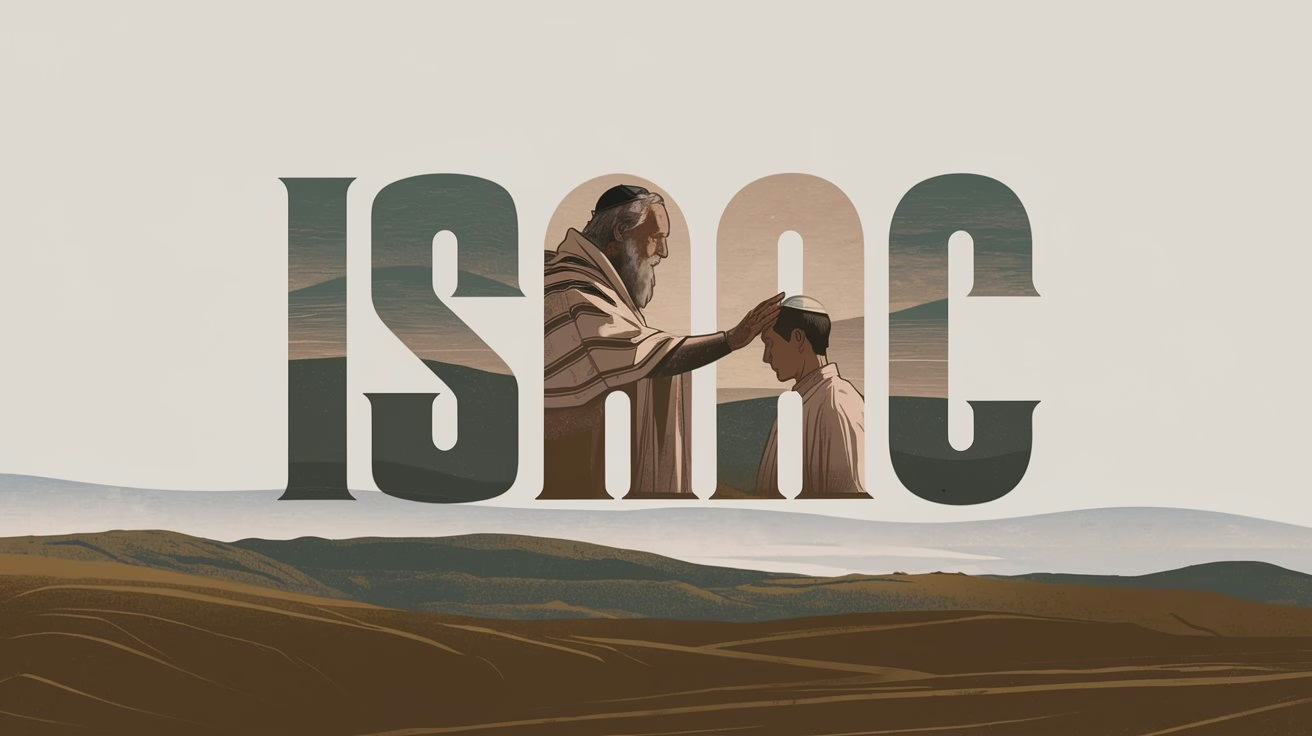The encounter between Jesus and the Samaritan woman at the well, recorded in John 4:1-42, reveals the heart of Christ for all people, regardless of their background or sin. This passage is a powerful example of divine pursuit, repentance, and transformation.
Jesus Went Out of His Way
John 4:4 tells us, “But He needed to go through Samaria.” Culturally, Jews would often avoid Samaria altogether when traveling between Judea and Galilee due to longstanding hostilities. Yet Jesus needed to go through Samaria—not out of geographic necessity, but divine purpose. He intentionally pursued this woman, a reflection of how God seeks the lost.
This intentional pursuit mirrors Luke 19:10, “for the Son of Man has come to seek and to save that which was lost.” He doesn’t avoid the broken or sinful; He goes directly to them, driven by compassion and a desire to bring them to repentance.
The Timing: The Heat of the Day
The woman came to the well at the sixth hour (John 4:6-7), around noon, the hottest part of the day. This was unusual since women typically drew water in the cooler morning hours. Her timing indicates she was likely avoiding public interaction, perhaps due to her shame and social standing.
Yet Jesus was there, waiting for her. He often meets us in moments of isolation and pain. Just as David declared in Psalm 34:18, “The Lord is near to those who have a broken heart, and saves such as have a contrite spirit.” He doesn’t wait for us to clean ourselves up—He meets us where we are.
Jesus Reveals Her Sin with Compassion
After asking for a drink, Jesus shifts the conversation to spiritual matters, saying, “If you knew the gift of God, and who it is who says to you, ‘Give Me a drink,’ you would have asked Him, and He would have given you living water” (John 4:10). She doesn’t understand at first, thinking He speaks of physical water.
Jesus then reveals her life of sin, saying, “You have had five husbands, and the one whom you now have is not your husband” (John 4:18). He does not condemn her but gently brings her sin into the light, showing the depth of His knowledge and love.
This echoes Hebrews 4:13, “And there is no creature hidden from His sight, but all things are naked and open to the eyes of Him to whom we must give account.” Jesus exposes her sin in a profound way.
A Jewish Rabbi Speaking to a Samaritan Woman?
This entire interaction was culturally shocking. Jews and Samaritans had deep animosity, stemming from historical and theological differences. Furthermore, Jewish men, especially rabbis, avoided public conversations with women, especially those of questionable moral standing.
Yet Jesus breaks every cultural barrier. Galatians 3:28 affirms this truth: “There is neither Jew nor Greek, there is neither slave nor free, there is neither male nor female; for you are all one in Christ Jesus.” The gospel is for all people, regardless of ethnicity, gender, or past sins.
Living Water and True Worship
Jesus speaks of living water in John 4:13-14: “Whoever drinks of this water will thirst again, but whoever drinks of the water that I shall give him will never thirst.” He offers eternal life, a spiritual satisfaction that nothing in this world can quench.
The woman, recognizing His spiritual wisdom, asks about worship, to which Jesus responds in John 4:23-24: “But the hour is coming, and now is, when the true worshipers will worship the Father in spirit and truth; for the Father is seeking such to worship Him. God is Spirit, and those who worship Him must worship in spirit and truth.”
True worship is not about location or tradition but about the heart, filled with the Holy Spirit and grounded in truth. Psalm 51:17 reflects this spirit of true worship: “The sacrifices of God are a broken spirit, a broken and a contrite heart—These, O God, You will not despise.”
The Woman Becomes an Evangelist
Transformed by her encounter with Jesus, the woman leaves her water jar and goes into the city, saying, “Come, see a Man who told me all things that I ever did. Could this be the Christ?” (John 4:29). Her testimony leads many in her town to believe in Jesus.
This demonstrates the power of personal testimony. Revelation 12:11 says, “And they overcame him by the blood of the Lamb and by the word of their testimony.” She wasn’t a theologian or a religious leader—she was simply a broken person who realized who Jesus is. Her encounter was enough to spark revival in her community.
My Final Thoughts
The woman at the well reminds us that Jesus actively seeks out the broken and the lost. He does not avoid sinners—He pursues them with truth, grace and a call to repentance. His offer of living water satisfies the deepest thirsts of the soul, while true worship flows from a heart transformed by His presence. And like the Samaritan woman, when we must tell others about Jesus, we cannot stay silent. We are called to go and share His truth with those around us.












